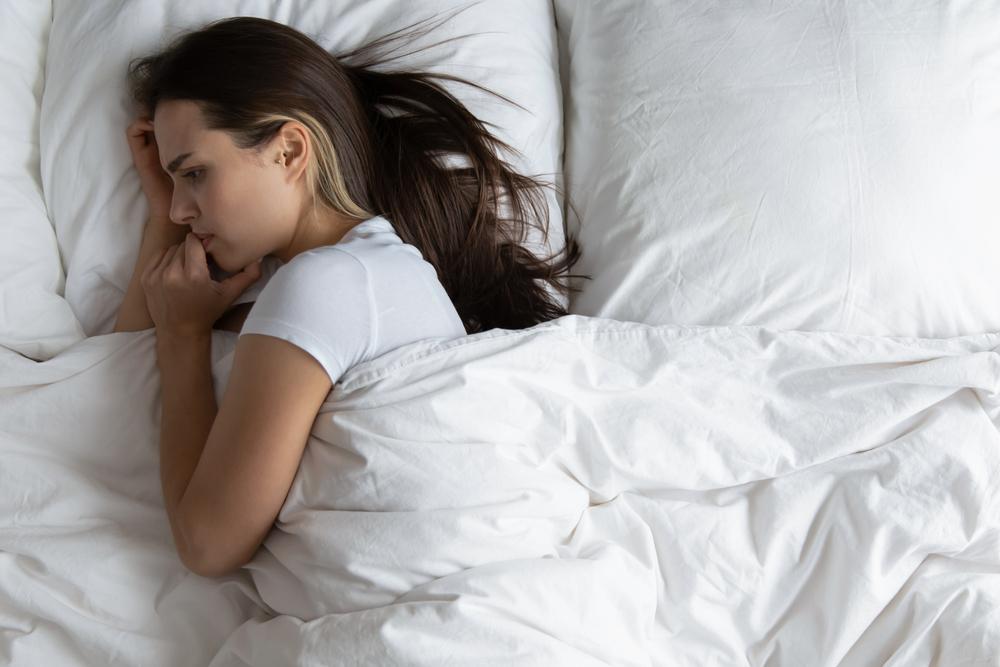Lack of Sleep: What Can Chronic Sleep Restriction Do to You? | Part 2

In my last blog I explored the mental effects of not getting enough sleep. But research has shown that’s not the only way sleep deprivation affects the human body. Here are some of the more indirect (and more insidious) ways that a lack of sleep can be dangerous:
Health
The Centers for Disease Control call sleep deprivation a “public health epidemic.” Chronic sleep deprivation can come with some serious physical and mental health consequences:
- depression
- anxiety
- obesity
- high blood pressure
- diabetes
- high cholesterol
- erectile disfunction
- clinical depression
- stroke
Safety
Harvard University links sleep to the critical impairment of job performance. Sleep can profoundly affect your judgment, increasing the odds that you’ll make poor decisions while on the job. Sleep deprivation was a “significant factor” in both the 1979 Three Mile Island and 1986 Chernobyl nuclear accidents. Similar problems with alertness and judgment may cause a significant number of the estimated 100,000 deaths due to preventable error in medical facilities each year.
Even if you’re not in a high-profile job, sleep deprivation is dangerous. Driving to or from work presents a hazard, as do the potential ramifications of entering the wrong number or putting a decimal in the wrong place in a financial database. And if you stay at home with the kids, an inability to pay attention and be alert can be dangerous to them and to you! No matter what you do, sleep affects safety.
Productivity
There’s another workplace (and homeplace) concern for sleep deprivation: Your productivity can drop drastically. The inability to pay attention to the task at hand makes it difficult to do things in an organized, concerted manner—and the increased potential for mistakes also cuts back on overall productivity. Experts told WebMD that shift workers in particular can struggle with working productively on an unusual sleep pattern, as can people who travel regularly across time zones for work or commuters who get up early to make the long drive into the office.
Is There Any Good News?
The good news is that, for the short term, sleep researchers found that caffeine really does have a measurable effect on alertness and ability to function after sleep deprivation. But be careful! The effects are short term, and at some point you must pay back that sleep debt if you want to function at your best.
A couple cups of coffee can keep you going for a day, but if you use a couple cups (or a pot) to keep you going every day for a year—or more—you’ll find yourself tired, grumpy, confused, and in worse physical shape than if you had gotten your shut-eye.
Author Bio: +Michelle Gordon is a sleep expert who researches and writes about sleep and health, and is an online publisher for the latex mattress specialist Latexmattress.org.


